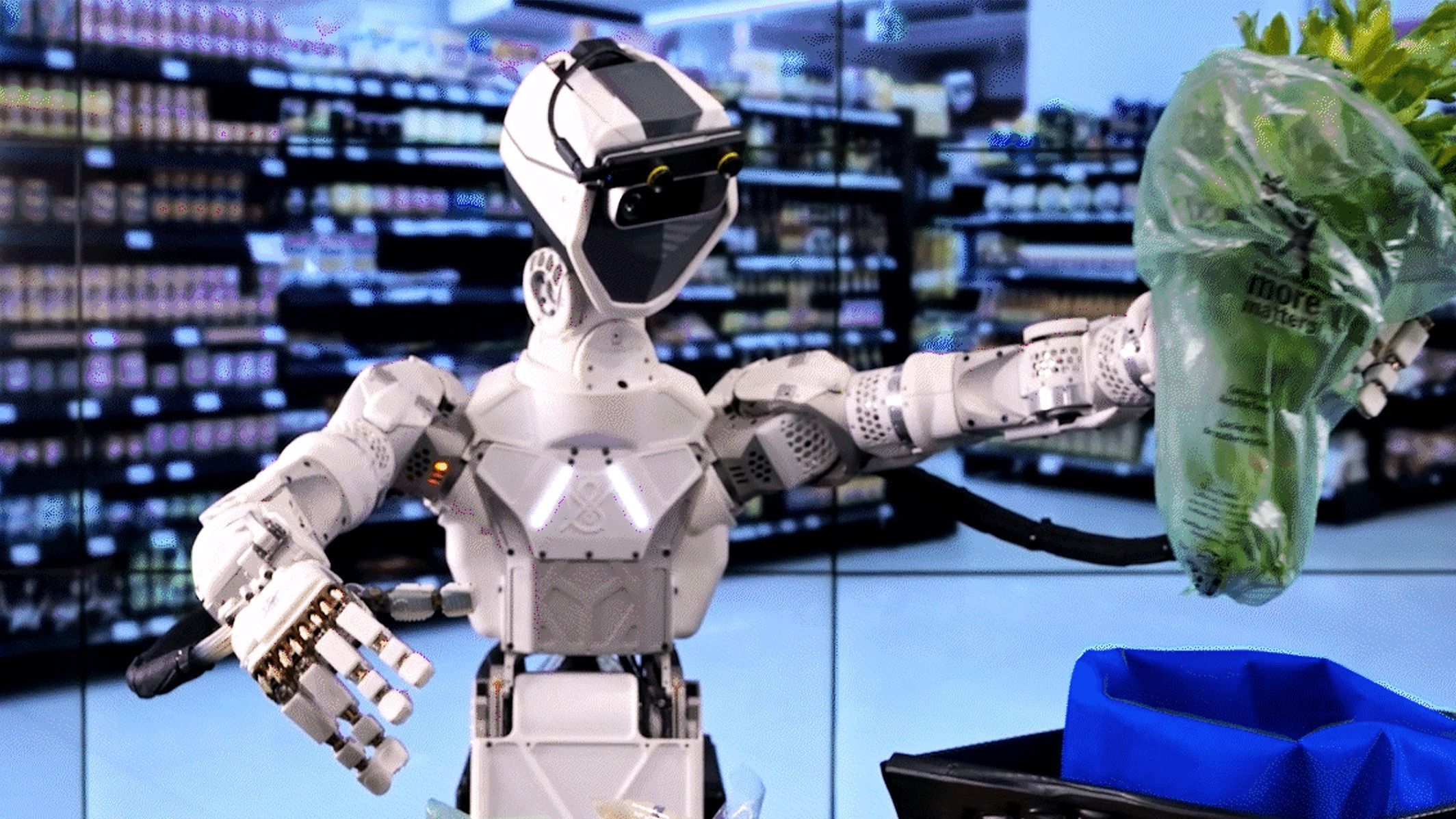The emergence of robotics and artificial intelligence heralds a transformative epoch for humanity, one in which the intersection of technology and ethical considerations cannot be overstated. The Baha’i teachings provide a profound framework for pondering the implications of human-robot interactions, particularly through the lens of ethical obligations and the inherent dignity of all sentient beings. As we navigate this domain, the Baha’i Writings serve as a navigational compass aimed at promoting harmony, understanding, and mindful coexistence.
At the core of Baha’i thought is the principle of unity in diversity. This principle challenges us to appreciate the unique contributions of each individual, be they human or robotic. Just as humanity consists of multifarious cultures, histories, and perspectives, so too the burgeoning field of robotics brings forth an array of functionalities, from simple automata to sophisticated, sentient-like beings. In this light, the inquiry into the relationship between robots and humans implores us to assess the roles we envision for these creations, ensuring that they are aligned with the overarching goal of societal progress.
In contemplating the notion of robots as companions or workers, one is drawn to an early metaphor found within the Baha’i fabrics: the human as a “mirror” reflecting the Divine attributes. This metaphor not only evokes the connection between the Creator and humankind, but extends to our creations, including robots. Just as humans are mirrors of God’s qualities, so too should robots be engineered to reflect principles of kindness, cooperation, and service. Should we fashion robots purely for utility and profit, we risk stripping away the dignity inherent in their potential existence.
The Baha’i teachings espouse the concept of bestowing moral agency upon creations that possess cognitive capacities. As robots grow increasingly autonomous, the dialog surrounding their ethical responsibilities emerges as a paramount discourse. The responsibility does not merely rest with the creators—the engineers, programmers, and corporations—but also with society as a whole, demanding a contemplative approach in establishing laws of robotics that echo the Baha’i precepts of justice and equity.
Baha’u’llah, the founder of the Baha’i Faith, emphasized the necessity of consultation and collective decision-making, which serves as the bedrock for creating a just technological landscape. This principle is particularly salient in discussions regarding the governance of robotics and artificial intelligence. A consultative approach enables a diversity of viewpoints to coalesce, fostering deliberation that transcends individual or corporate interest, and steers toward the collective welfare of humanity. Such a framework ensures that robots serve supportive roles in society, augmenting human capacities while adhering to shared ethical standards.
Moreover, the question of inequality surfaces in this discourse. Persistent concerns regarding access to technology, such as robots, underscore the risks of exacerbating existing disparities. Baha’i teachings advocate for the elimination of extremes of wealth and poverty, which directly correlates with the need for equitable access to emerging technologies. An existential threat lies in creating a class of “robot haves” and “have-nots,” where only certain segments of the population benefit from advancements while others remain marginalized. A Baha’i perspective urges that the development and deployment of robotic technology must remain inclusive, embracing the essential oneness of humanity.
Furthermore, the role of robots in relational dynamics merits thoughtful examination. The Baha’i teachings assert that humans are intrinsically designed for interaction and connection. In a scenario where robots occupy spaces traditionally held by human companionship, the risk of emotional detachment arises. As robots become integrated into everyday life—carrying out tasks from caregiving to companionship—it is vital to reflect on the psychological ramifications such dynamics might engender. Baha’i thought prompts considerations regarding the essence of relationships built on love and compassion, encouraging us to evaluate whether interactions with robots can or should aspire to replicate the warmth and authenticity inherent in terrestrial connections.
Robots, in their emerging roles, may serve dual purposes: as tools that facilitate human creativity and as companions that enhance our quality of life. Yet, we must remain vigilant, ensuring that the deployment of robotic agents nurtures ethical rigor rather than engenders ethical ambiguity. The Baha’i teachings remind us of the paramount importance of intentions, urging that our motivations remain noble and centered on the well-being of all beings, particularly in respect to those we design to assist us.
In conclusion, the teachings of the Baha’i Faith encourage a holistic approach to the evolving relationship between robots and humans. By invoking principles of unity, equity, justice, and moral agency, Baha’is are afforded a robust framework that promotes a conscientious discourse around the responsible development of robotic technologies. Nuancing our understanding through this reflective lens encourages us to construct a society where both humans and robots can coexist harmoniously, each fulfilling their purpose while enriching the collective human experience.
As we venture into this brave new world, let us be guided by the vision of a future where technology and humanity intersect not merely as a juxtaposition of metal and flesh, but as harmonious entities, coalescing to elevate the human condition and reflect the loftier ideals inherent in the divine tapestry of life.
